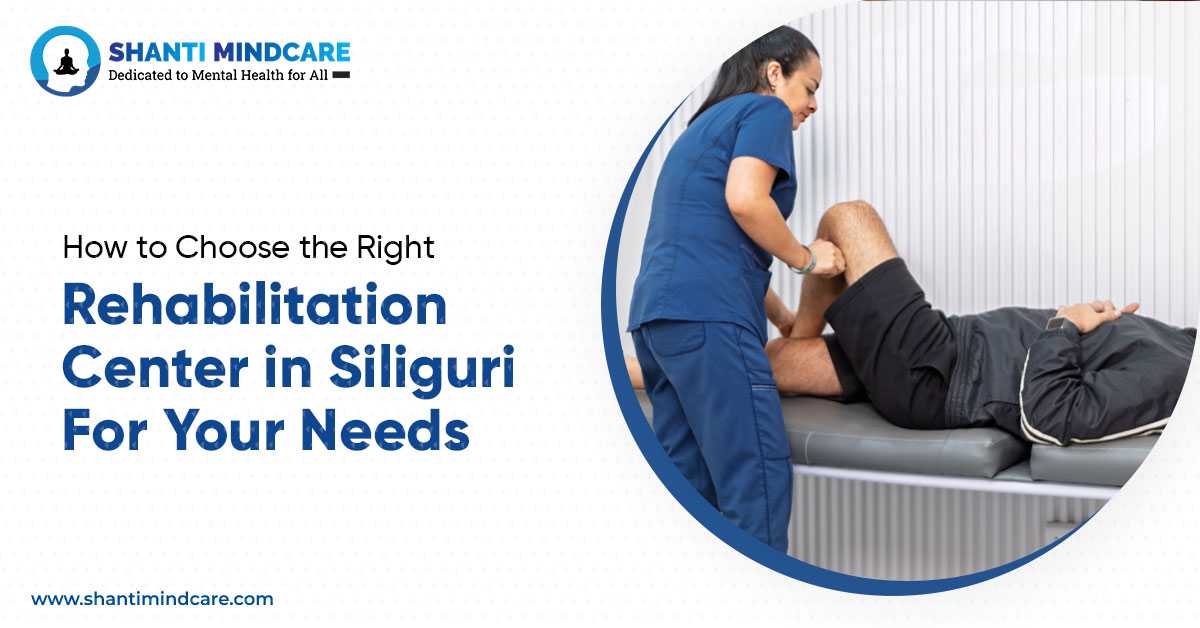The term psychotic disorder refers to a group of mental health problems. These mental illnesses prevent an individual from thinking clearly, making proper judgments, understanding reality, acting emotionally, behaving properly, etc. Psychotic disorders are responsible for affecting the quality of life on a severe level.
Seeking medical attention is a must so that symptoms can be managed effectively. Psychosis cuts the connections with reality. Certain lifestyle measures help in psychosis healing, such as a healthy diet, and routine exercise. Visit the best psychiatric hospital in Siliguri to get optimal care for mental health conditions.

Some common types of psychotic disorders include:
- Schizophrenia. It’s a long-standing brain disorder that leads people to interpret reality abnormally. What actually results in schizophrenia is unknown. Schizophrenia includes a group of mental symptoms that affect people’s emotions, and behavior.
Delusions, disorganized speech, hearing voices, and seeing things (hallucinations), childlike silliness, abnormal motor behavior, inappropriate bizarre posture, unpredictable agitation, excessive movements, not making facial expressions, not making eye contact, losing interest in day-to-day activities, social detachment, etc. are signs associated with schizophrenia.
- Schizoaffective disorder. In this mental health condition, the person experiences both the symptoms of schizophrenia and mood disorder. Poorly treated or untreated schizoaffective disorder can cause trouble functioning at the workplace, school, or in social ambiance. Treatments help manage the symptoms of schizoaffective disorder.
Among schizoaffective disorders, common ones are delusions, hallucinations (hearing voices or seeing things that are not real), unusual behavior, episodes of manic mood, depressive moods, impaired communication, impaired social functioning, difficulty managing personal cleanliness or appearance, low energy, etc. See the best psychiatric doctor in Siliguri for psychosis.

- Bipolar disorder. Also known as manic depression, bipolar disorder is associated with episodes of manic highs and emotional lows. Though the exact reason for bipolar disorder is not well understood, genetics, altered brain stricture, brain chemistry, environment, etc. may be responsible.
A person with bipolar disorder can develop excessive happiness, excitement, rapid speech, joyful mood to unpredictable agitation, less need for sleep, increased energy, risky behaviors, reckless behavior, poor judgment, excessive impulsivity, psychosis involving hallucinations, delusions, etc.
- Catatonia. It’s a complex neuropsychiatric behavioral syndrome that causes abnormal movement, lack of movement, lack of communication, agitation, restlessness, confusion, etc. Doctors aren’t sure what exactly results in catatonia. But medical care aid in promising improvement.
Agitation, not responding to people’s situations, meaning movements, mimicking someone’s speech/movements, not speaking, not moving, muscular rigidity, fever, sweating, delirium, seizure, acute psychosis, etc. are some signs and symptoms of catatonia. Reach out to the best psychiatric hospital in Siliguri city.
Psychotic disorders are best treated with medications and therapies under medical supervision. Seek assistance from the leading psychiatrist near you. Cognitive behavioral therapy, individual therapy, antipsychotic meds, antidepressants, etc. in combination with lifestyle modifications help heal psychotic disorders effectively.




